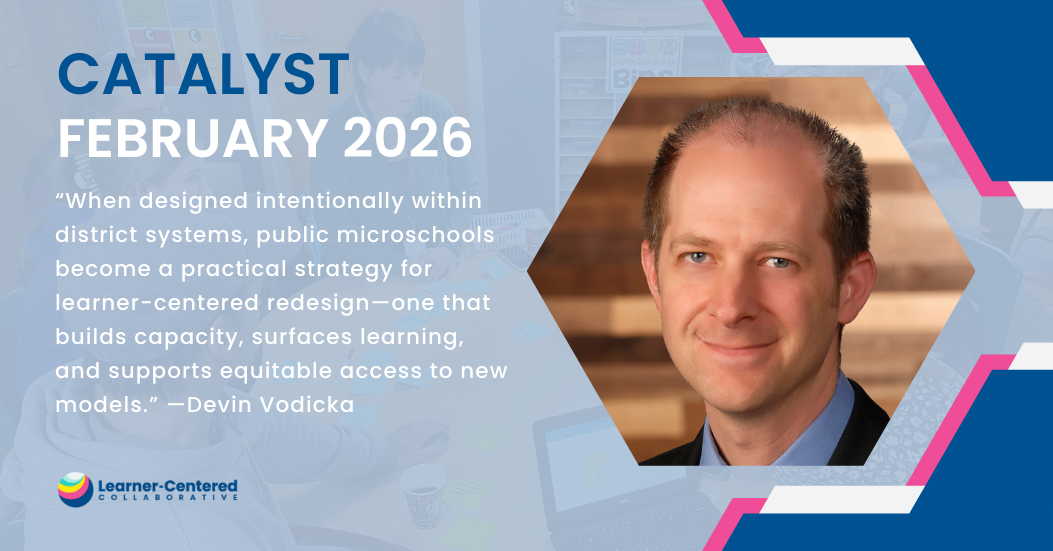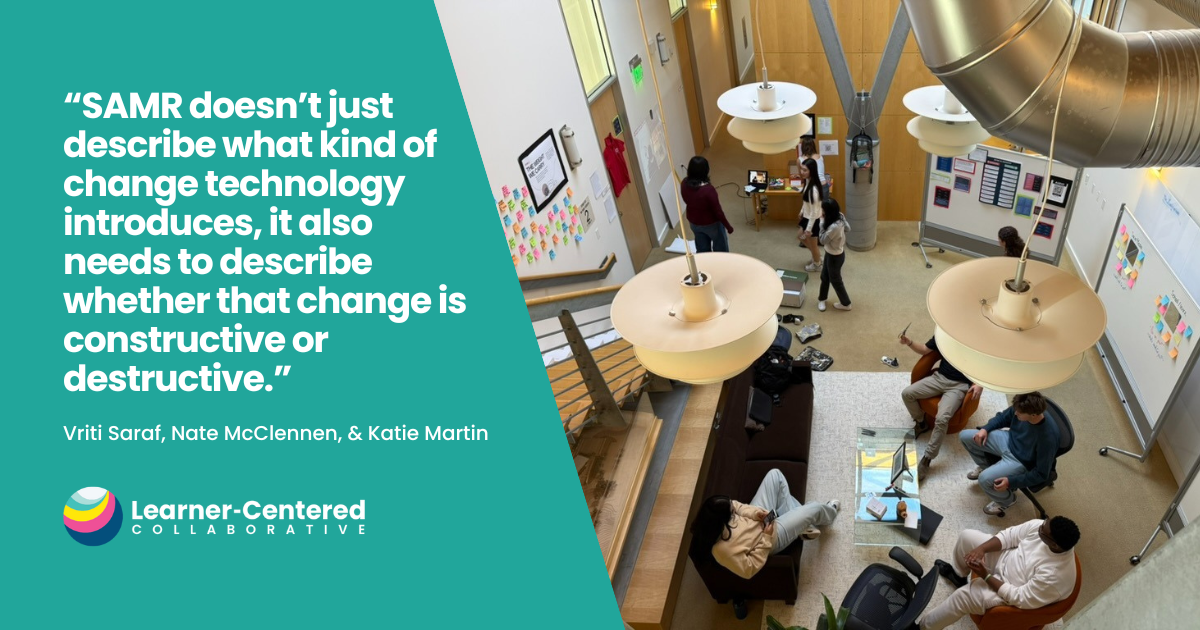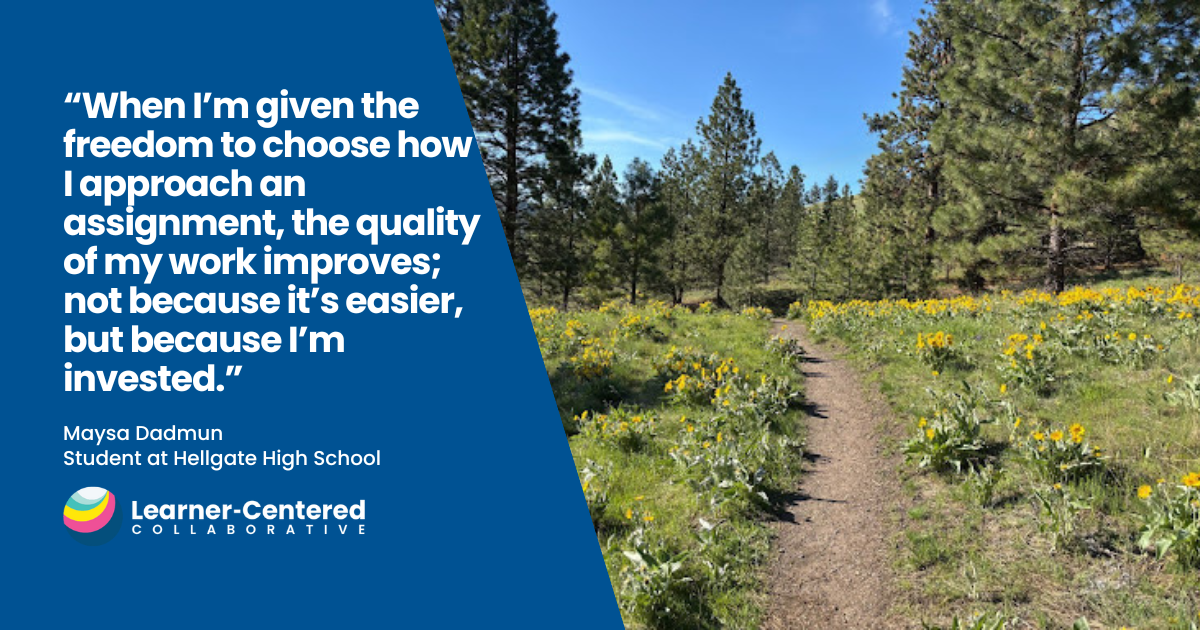Episode 16: Keeping Humanity at the Center of Assessment with Buffy Cushman-Patz
By loading this video, you agree to the privacy policy of Youtube.
Episode Summary:
Buffy Cushman-Patz, Founder of SEEQS Charter School in Hawai’i, discusses her educational journey and the philosophy behind creating a learning environment that focuses on essential questions of sustainability. SEEQS is guided by five values:
- Real-world situations and real-world contexts enable real-world learning.
- Learning occurs when learners take ownership of their learning.
- Everyone is a teacher; everyone is a learner, all of the time.
- A learning environment is composed of its community members, cultural values, and physical surroundings.
- Improvement of the organization requires consciously collaborative participation by community members.
During the episode, Buffy shares about:
- Her background in school leadership, geology, and geophysics.
- The importance of early exposure to real-world experiences to foster a deep understanding of the world.
- How SEEQS integrates community building, content courses, and Essential Questions of Sustainability (EQS) to develop sustainability skills in students.
- Integrating meaningful reflection time within every learning experience
- Empowering learners to lead tours, exemplifying trust and empowerment within the school community.
Related Resources:
- Use Assessment as a Tool for Learning (LCC Online Course). Rethink the purpose of assessment and learn how to leverage a variety of formative assessment methods to modify a student’s path, pace, or product and co-design personalized pathways with learners.
- Seeing Students in Ourselves (TEDxHonoluluSalon). Jump in your time machine and head back to 2013 where Buffy Cushman-Patz describes her original inspiration for starting SEEQS.
- Building a Sustainable Future, One Classroom at a Time (Edutopia). At SEEQS, every student takes a year-long interdisciplinary course focused on an essential question relevant to sustainability in Hawaii. Questions have included “How do humans and oceans impact each other?” and “Why harness energy, and how?”
- As Hawaii Declares Climate Crisis, Schools Hope Indigenous Knowledge Will Save the Islands (USA Today). Indigenous Hawaiian practices are central to much of the learning at SEEQS. Students regularly practice “kilo”—a traditional method of mindful observation and sensing of one’s surroundings.


